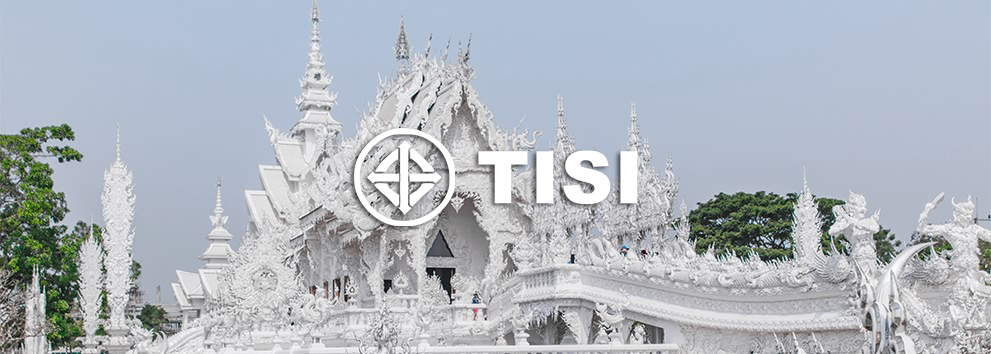Requirements on Electrochemistry Energy Storage
Requirements on Electrochemistry Energy Storage,
Energy Storage,
▍What is TISI Certification?
TISI is short for Thai Industrial Standards Institute, affiliating to Thailand Industry Department. TISI is responsible for formulating the domestic standards as well as participating in international standards formulation and supervising the products and qualified assessment procedure to ensure the standard compliance and recognition. TISI is a governmental authorized regulatory organization for compulsory certification in Thailand. It is also responsible for formation and management of standards, lab approval, personnel training and product registration. It is noted that there is no non-governmental compulsory certification body in Thailand.
There is voluntary and compulsory certification in Thailand. TISI logos (see Figures 1 and 2) are allowed to use when products meet the standards. For products that have not yet been standardized, TISI also implements product registration as a temporary means of certification.
▍Compulsory Certification Scope
The compulsory certification covers 107 categories, 10 fields, including: electrical equipment, accessories, medical equipment, construction materials, consumer goods, vehicles, PVC pipes, LPG gas containers and agricultural products. Products beyond this scope are fall within the voluntary certification scope. Battery is compulsory certification product in TISI certification.
Applied standard: TIS 2217-2548 (2005)
Applied batteries:Secondary cells and batteries(containing alkaline or other non-acid electrolytes – safety requirements for portable sealed secondary cells, and for batteries made from them, for use in portable applications)
License issuance authority: Thai Industrial Standards Institute
▍Why MCM?
● MCM cooperates with factory audit organizations, laboratory and TISI directly, capable to provide best certification solution for clients.
● MCM possesses 10 years abundant experience in battery industry, capable to provide professional technical support.
● MCM provides one-stop bundle service to help clients enter into multiple markets (not only Thailand included) successfully with simple procedure.
Chinese authority issued an exposure draft of amended version of 25 Requirements on Preventing Electrical Production Accident. The Chinese National Energy Administration made this amendment by arranging discussion with electrical organizations and experts to conclude the experience and accidents happened since 2014, in order to conduct more effective supervise and prevent hazards from happening.
In the exposure draft 2.12 mentions several requirements on lithium-ion batteries in order to prevent fire happening at electrochemistry energy storage station:
Mid-large electrochemistry energy storage shall not use ternary lithium-ion batteries or sodium-sulfer batteries. Echelon traction batteries are not applicable, and should be taken safety analysis based on traceable data.
Lithium-ion batteries equipment room shall not be established in assembly occupancies nor should be set in buildings with residents or basement area. Equipment rooms shall be established in one layer, and shall be pre-fabricated. For one fire compartment the capacity of batteries shall be no more than 6MW`H. For equipment rooms with capacity larger than 6MW`H, there should be automatic fire extinguish system. The specification of the system shall follow 2.12.6 of the exposure draft.









